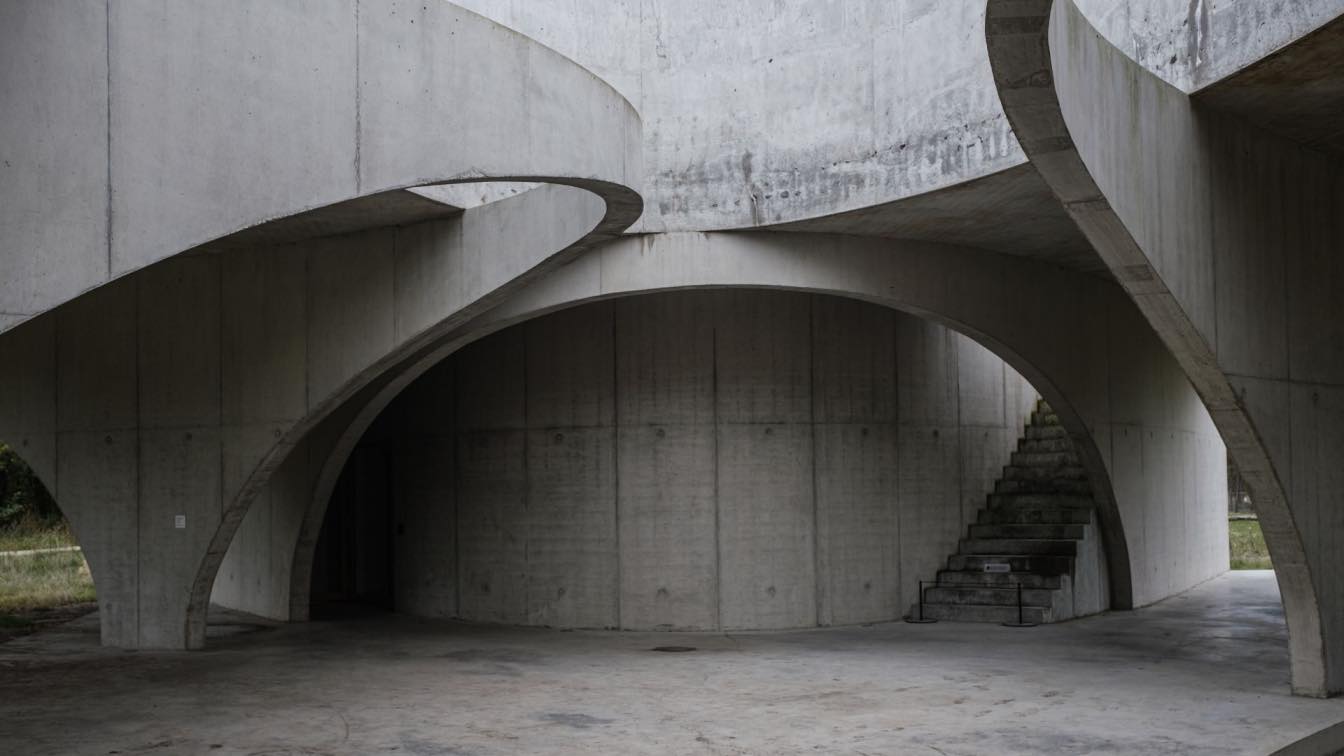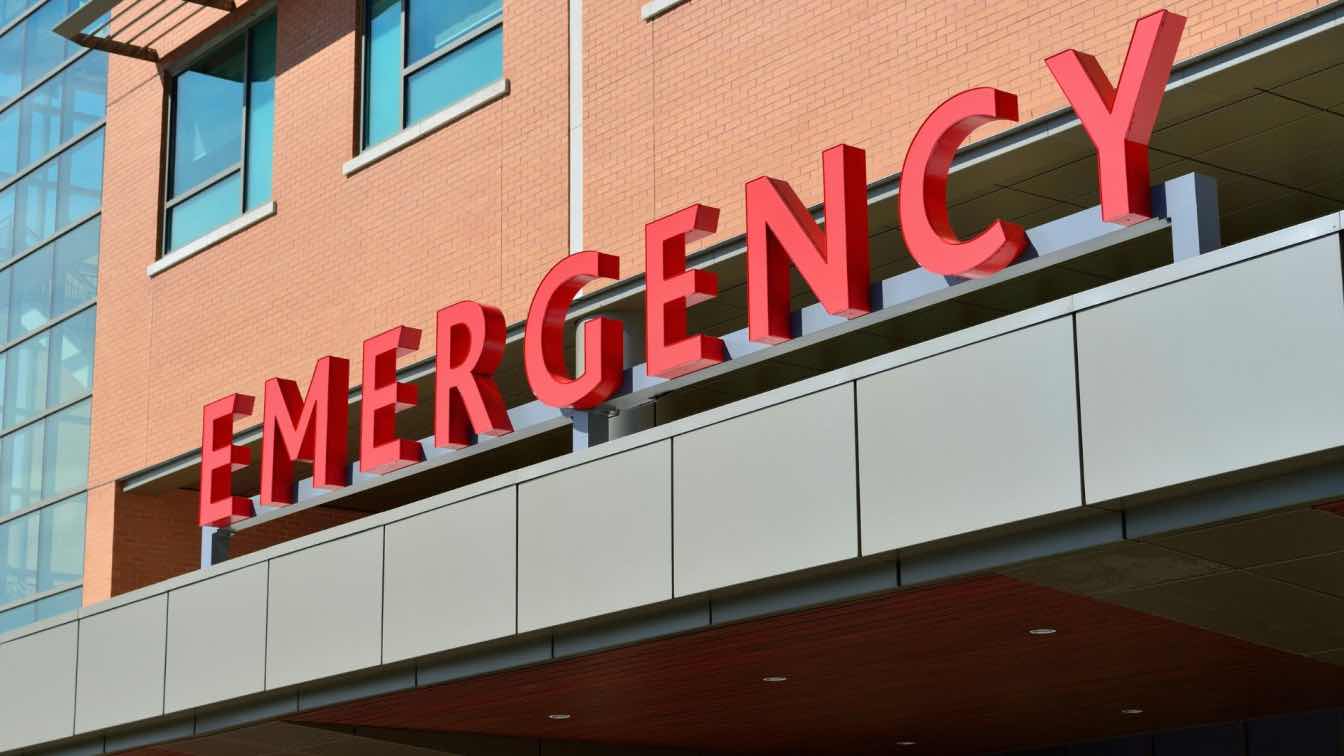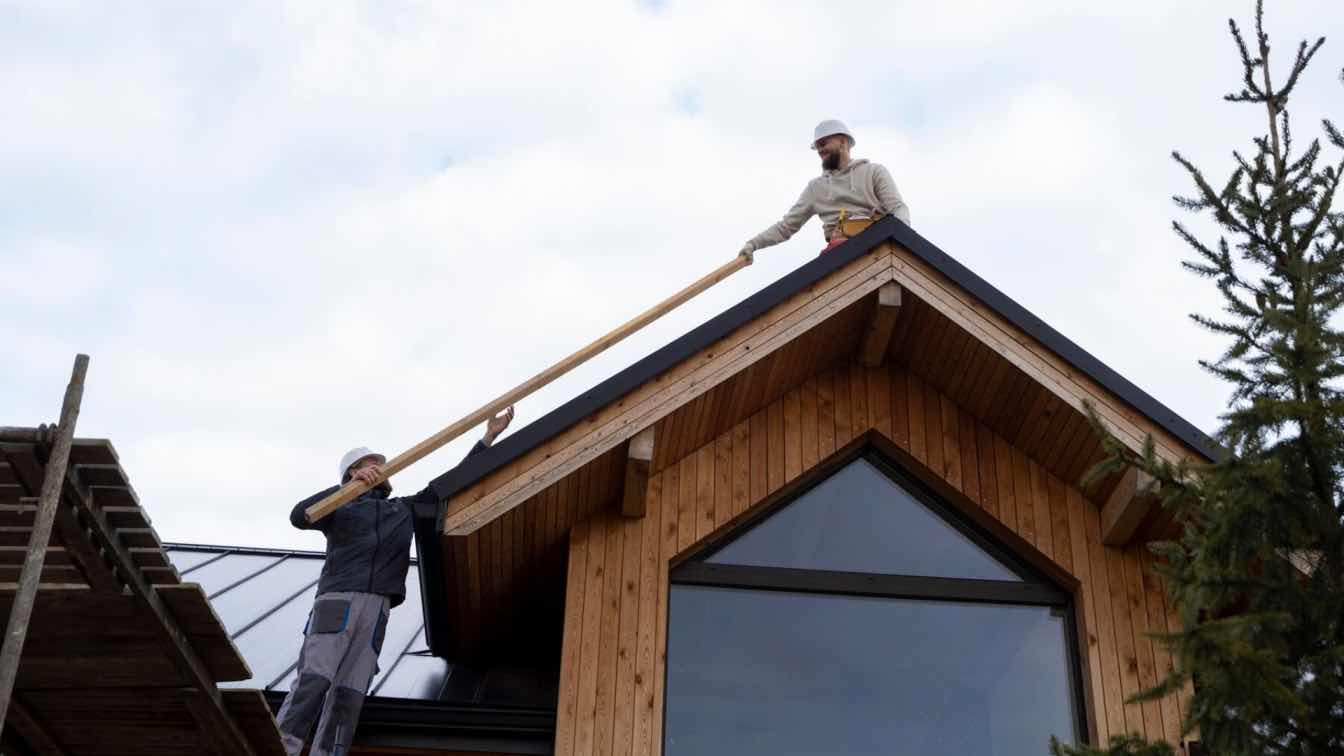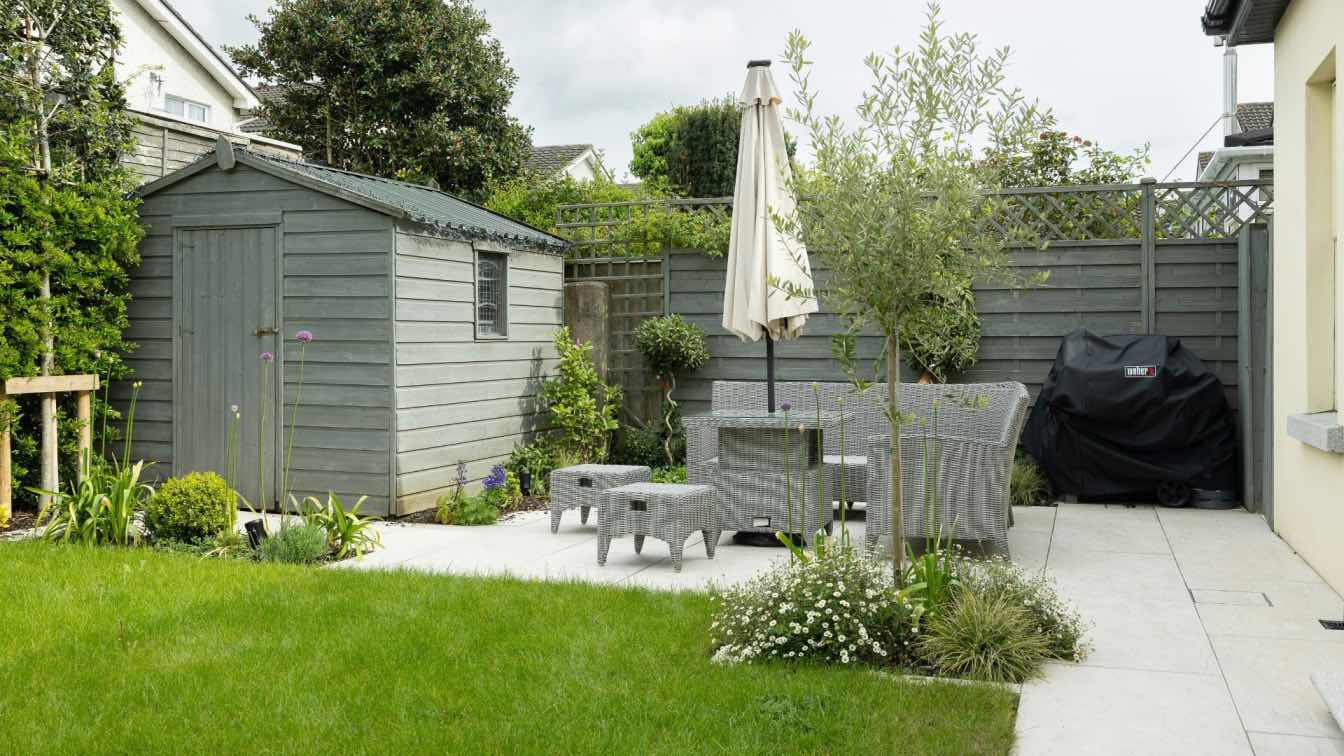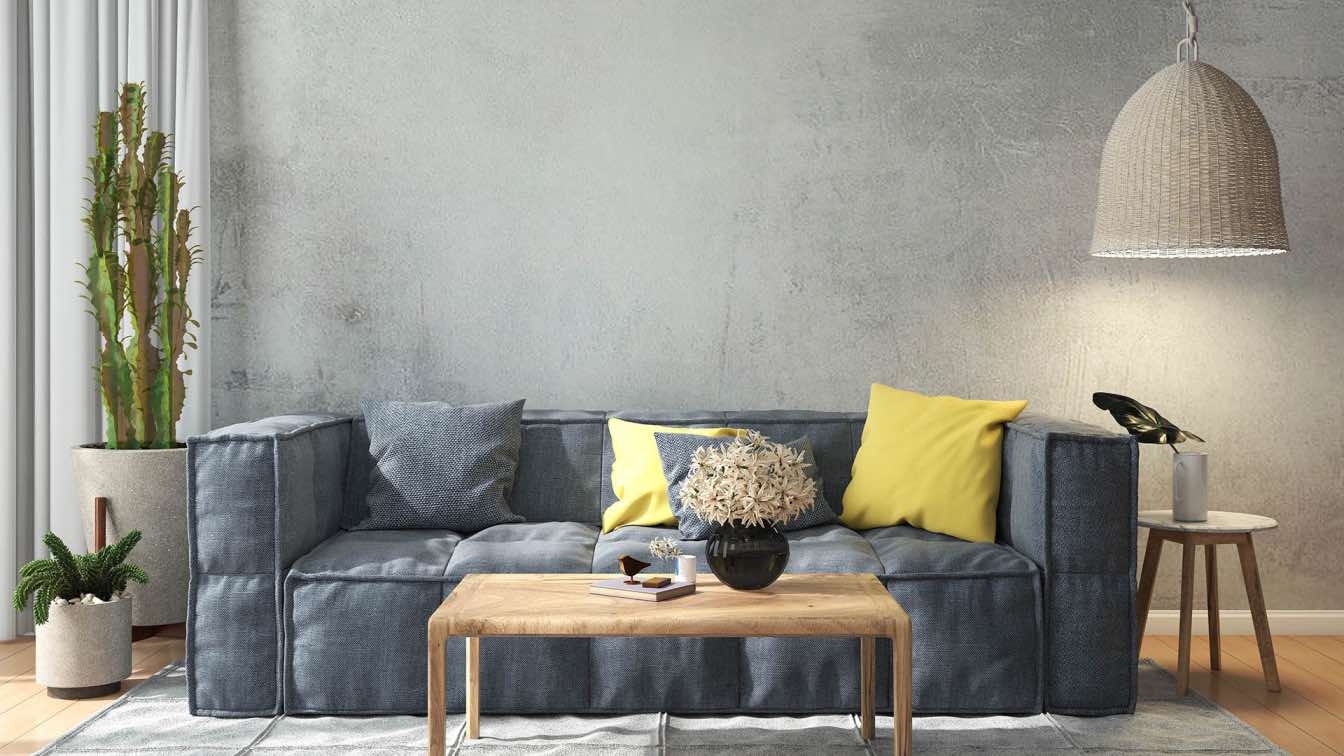Concrete is the backbone of modern construction, providing strength and durability to countless structures around the world. While it may seem like a simple mixture of cement, water, and aggregates, there's more to concrete than meets the eye. In this comprehensive guide, we will explore the various types of concrete used in construction, each with its unique characteristics and applications. From self-consolidating concrete to high-performance mixes, we'll delve into the world of concrete to help you make informed decisions for your construction projects.
Ordinary Portland Cement (OPC) Concrete
Ordinary Portland Cement (OPC) concrete is the most commonly used type in construction. It's a versatile choice that's ideal for most applications. OPC concrete is made by mixing Portland cement with water, aggregates, and optional additives. Its widespread use is attributed to its affordability and ease of production. However, it's worth noting that OPC concrete may not be the best choice for environments with high exposure to chemicals or extreme temperatures.
High-Strength Concrete
For projects that require exceptional strength, high-strength concrete is the answer. This type of concrete is formulated with a reduced water-cement ratio and a higher cement content, resulting in a compressive strength that surpasses that of OPC concrete. High-strength concrete is often used in skyscrapers, bridges, and other structures where durability and load-bearing capacity are crucial.
Self-Consolidating Concrete (SCC)
Self-consolidating concrete, often abbreviated as SCC, is a revolutionary advancement in the world of construction materials. It's specifically designed to flow and spread into the formwork without the need for mechanical consolidation, making it an excellent choice for complex shapes and structures. SCC's unique properties reduce labor costs and improve the quality of finishes. You can even check out the article for more in-depth information about self-consolidating concrete. This way, you can learn about its features and make an informed choice.
Lightweight Concrete
In situations where weight is a concern, lightweight concrete is the go-to solution. It's made by substituting some of the traditional aggregates with lightweight materials such as expanded clay, shale, or pumice. This results in a concrete mix that's significantly lighter than standard concrete, making it perfect for applications like roof decks, precast elements, and insulated wall panels.
Fiber-Reinforced Concrete
Adding fibers to concrete can enhance its tensile strength and toughness. Fiber-reinforced concrete (FRC) includes various types, such as steel, glass, and synthetic fibers, each offering specific benefits. FRC is commonly used in applications where cracking, impact resistance, or flexural strength is crucial. From parking lots to industrial floors, fiber-reinforced concrete proves its worth.
Ready-Mix Concrete
For a convenient and efficient solution, ready-mix concrete is a top choice for construction projects. This type of concrete is produced in a batching plant and delivered to the construction site in a ready-to-use state. It eliminates the need for on-site mixing and provides consistent quality. Whether you're working on a small DIY project or a large-scale commercial venture, ready-mix concrete is a time-saving option.
High-Performance Concrete (HPC)
High-Performance Concrete (HPC) is a remarkable advancement in the field of construction materials. It stands out for its exceptional strength, durability, and resistance to harsh environmental conditions. HPC is engineered to go beyond the properties of conventional concrete by incorporating advanced admixtures and often utilizing supplementary cementitious materials like fly ash or silica fume. This results in a concrete mix that boasts impressive compressive strength, reduced permeability, and enhanced resistance to chemical corrosion and freeze-thaw cycles. HPC is the material of choice for demanding applications such as high-rise buildings, bridges, dams, and infrastructure projects where superior performance and longevity are paramount. Its use contributes to the creation of resilient and long-lasting structures, making it a key player in the construction industry's pursuit of innovation and excellence.
Green Concrete
Green concrete, often hailed as a sustainable solution for the construction industry, is a significant step towards reducing the environmental impact of building projects. What sets green concrete apart is its commitment to eco-friendliness. This type of concrete incorporates recycled and waste materials as a substitute for traditional aggregates, helping conserve natural resources and decrease the carbon footprint associated with concrete production. Additionally, green concrete is designed to minimize energy consumption and emissions, making it an excellent choice for projects aiming to achieve LEED certification and adhere to environmentally responsible building practices. By prioritizing sustainability, green concrete not only meets the structural requirements of construction but also contributes to a more environmentally conscious and responsible construction industry.
Choosing the right concrete type for your project is essential, as it can greatly impact the structure's longevity, performance, and cost. Whether you opt for the versatility of OPC concrete, the strength of high-strength concrete, or the innovation of self-consolidating concrete, understanding your options is the first step toward a successful construction endeavor. So, explore the possibilities, select the concrete type that best suits your needs, and watch your vision take shape.

